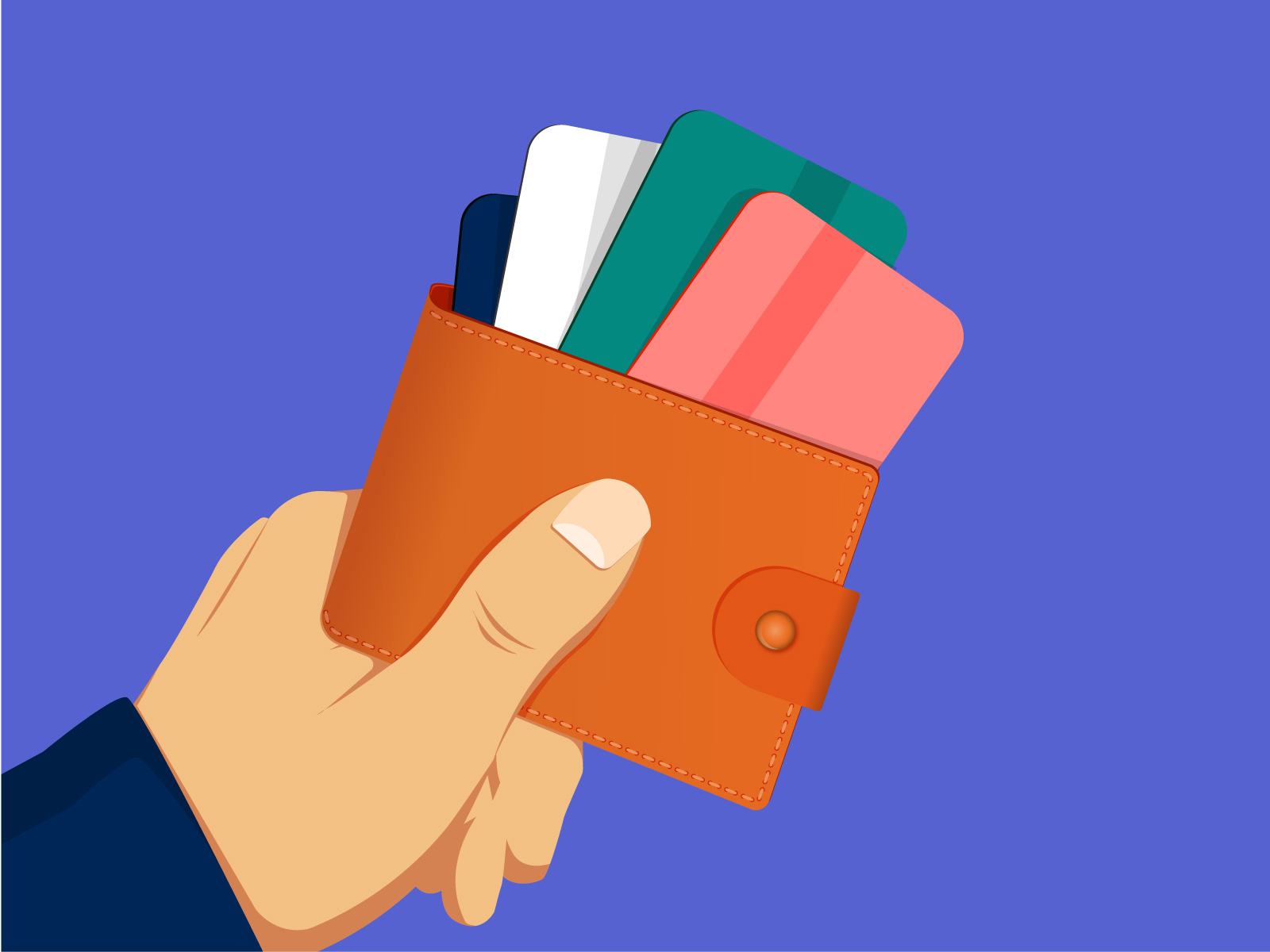Buy now, pay later: what to know about installment payment services
If you've been shopping online, you may have noticed that many websites now offer the option of paying by installments. Installment payment services, which let you buy now and pay later, have recently come to Canada. Here's what you need to know.
What are installment payment services?
There are several different installment payment services, and they may work a little differently, but essentially, they all let you pay for a purchase with several smaller installment payments spread out over time, rather than one large upfront payment. On a recent episode of the Moolala podcast, they were described as a "customer-friendly merchant-subsidized alternative to credit cards for consumers." They're mostly used for online purchases, but they may start cropping up in stores.
How do installment payment services work?
Open an installment payment account linked to a bank or other payment account and when you make a purchase online, choose the service and pay according to a fixed, scheduled, preauthorized debit model. With some of these installment payment options, as long as everything is paid off according to schedule, your purchase is usually interest-free.
For example, using certain apps, you could pay for a pair of shoes costing $200 by making four, biweekly, interest-free payments of $50 - assuming you make all the payments according to schedule, using your debit card. Depending on the service and if you use your credit card, you may also be subject to your card issuer's terms and conditions.
Behind the scenes, the service pays the retailer, who pays a fee, and then ships the product to you up front. If the buyer stops paying their installments, the service cuts off their account, but they don't send it to collections, according to CBC News.
How do they compare to other forms of credit and installment plans?
Installment payment services differ from making a purchase using your debit card, or other payment account, where the money comes out of your account right away. They're also different than using your credit card for a purchase. If you pay the entire credit card balance off on the due date, there are no additional costs in terms of interest. But if you only make the minimum payment, interest will be charged on the outstanding balance and can add up quickly. And if you miss a payment, fees may also be charged.
Installment payment services also differ from layaway plans, in that the retailer ships the product upfront. With a layaway plan, you typically put down a deposit and pay the balance over time, but you can't take your purchase home until you've paid in full.
Finally, using an installment payment service also differs from using a store-issued credit card to purchase furniture, appliances or other big ticket items. Using a store-issued credit card, your purchase is interest-free, as long as you make the monthly payments and pay the balance in full within say 12 or 18 months. However, if you violate these terms, interest kicks it at rates typically much higher than on bank-issued credit cards.
What's the downside?
Another tool that gives you more spending power and makes spending frictionless may make it easier to overspend. Buying things you can't afford today by deferring payments into the future, however tempting, can cause your spending to get ahead of your income. Living beyond your means is not sustainable in the long run. Instead, consider paying yourself first and learning to live on what's left.

